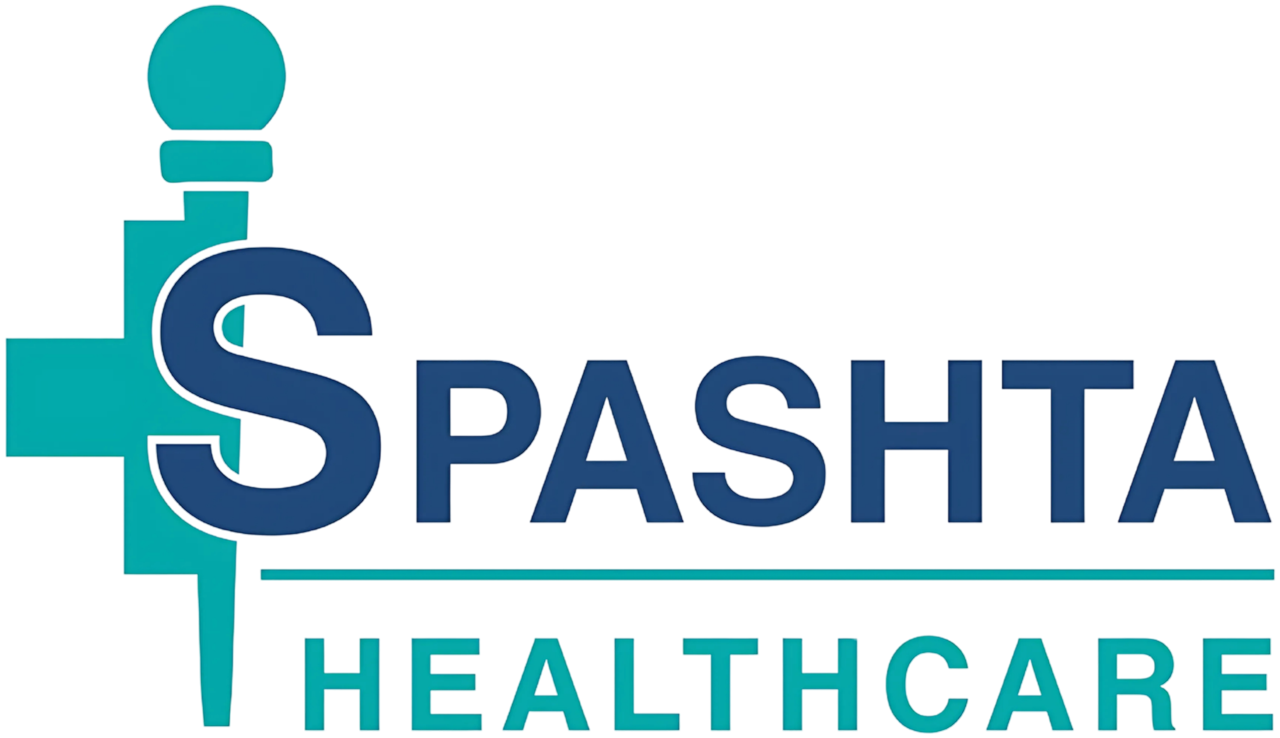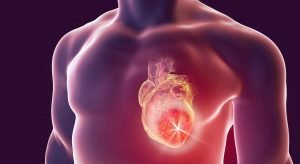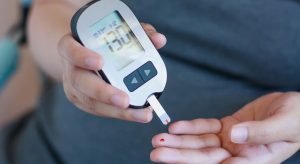Recognizing a Heart Attack Early Saves Lives
Cardiovascular diseases (CVDs) remain the leading cause of death in India, accounting for nearly 27% of all mortalities. Alarmingly, about one-third of these deaths occur in individuals between 40 and 60 years of age. With lifestyle diseases like hypertension, diabetes, obesity, and smoking becoming increasingly prevalent, both urban and rural populations are at significant risk. Coronary artery disease now affects 9–12% of urban adults.
Many lives can be saved by identifying and acting on the symptoms of a heart attack within the first critical hour—often referred to as the “golden hour.” Unfortunately, many patients delay care because the signs are subtle or misinterpreted. Classic symptoms include chest discomfort, breathlessness, palpitations, fainting spells, leg and abdominal swelling, fatigue, or weakness. However, it’s crucial to understand that up to 30% of patients—especially those with diabetes, kidney disease, older adults, and women—may present with vague or atypical symptoms.
Subtle Signs You Shouldn’t Ignore
Early warning signs of a heart attack are not always dramatic. Mild chest pressure during activity or stress should not be dismissed. Other warning signs include:
- Persistent fatigue or unexplained tiredness
- Jaw, back, or shoulder pain (particularly both shoulders)
- Discomfort that radiates between the jaw and upper abdomen
- Sudden nausea, excessive sweating, or breathlessness—often mistaken for acidity or gastric issues
These symptoms, although non-specific, may be the body’s way of signaling compromised cardiac function.
Immediate Action Can Save Your Life
When you or someone near you experiences these symptoms, time is of the essence. Immediate medical attention is crucial to prevent permanent heart damage. Every second counts, as delayed treatment can result in irreversible injury to the heart muscle. Even vague symptoms must be assessed thoroughly by a cardiologist, as early intervention is the cornerstone of survival and recovery.
Call emergency services or reach the nearest cardiology-equipped hospital at the earliest. In Bengaluru, Spashta Healthcare ensures patients have timely access to expert cardiac consultation and advanced diagnostic services.
The Role of a Cardiologist and Why Regular Checkups Matter
Heart conditions can affect individuals at any age. However, advancing age, along with comorbidities like diabetes and high blood pressure, significantly raises the risk. Regular heart screenings are vital—even in the absence of symptoms. Cardiologists use a combination of tools such as:
* Electrocardiogram (ECG)
* Echocardiography (ECHO)
* Treadmill test (TMT)
* CT Coronary Angiogram
* Blood biomarkers
These diagnostics can detect silent ischemia or underlying conditions long before a major event occurs. Early intervention means better outcomes.
Spashta Healthcare: Your Trusted Cardiology Partner in Bengaluru
Situated in BTM Layout near Bannerghatta Road, Spashta Healthcare offers super-specialty cardiac care with a strong focus on prevention, early detection, and minimally invasive treatment options. Under the guidance of Spashta Healthcare’s, Consulting Cardiologists, the clinic combines expert consultation with state-of-the-art technology to provide accessible, high-quality care.
Our team emphasizes education, early risk assessment, and compassionate care—helping you understand your heart better and act before it’s too late. Whether you’re at risk or simply health-conscious, regular checkups at Spashta Healthcare can make all the difference in protecting your heart.
Don’t wait for a scare. Let Spashta Healthcare be your heart’s first line of defense.



